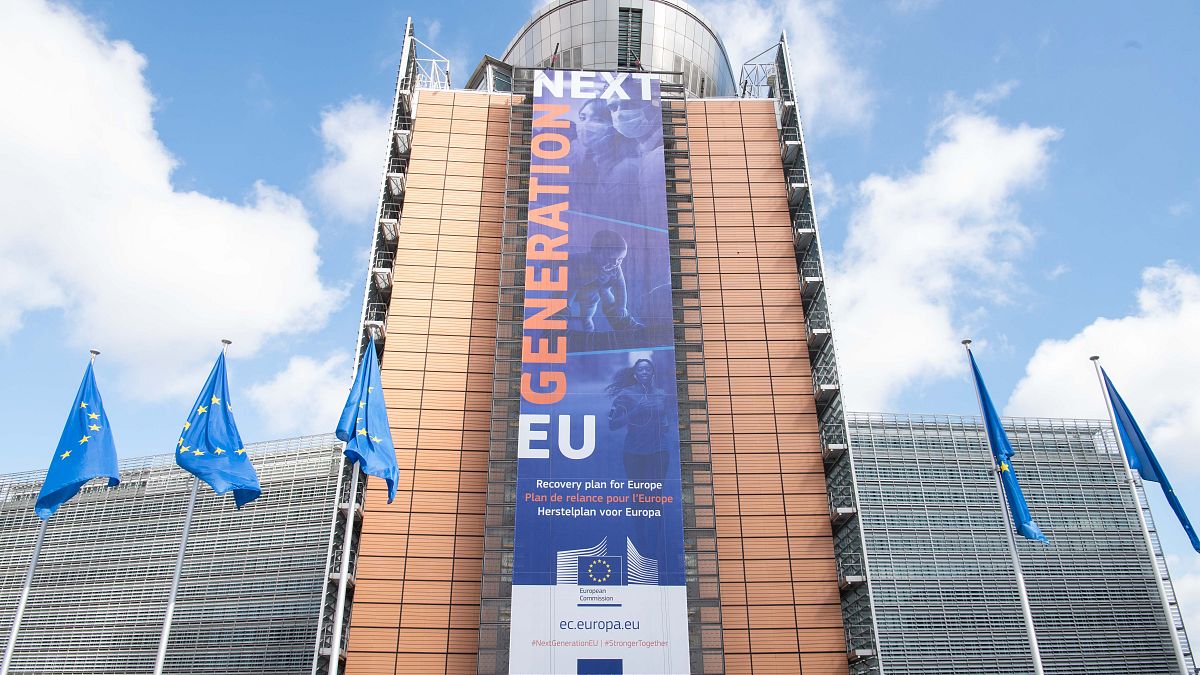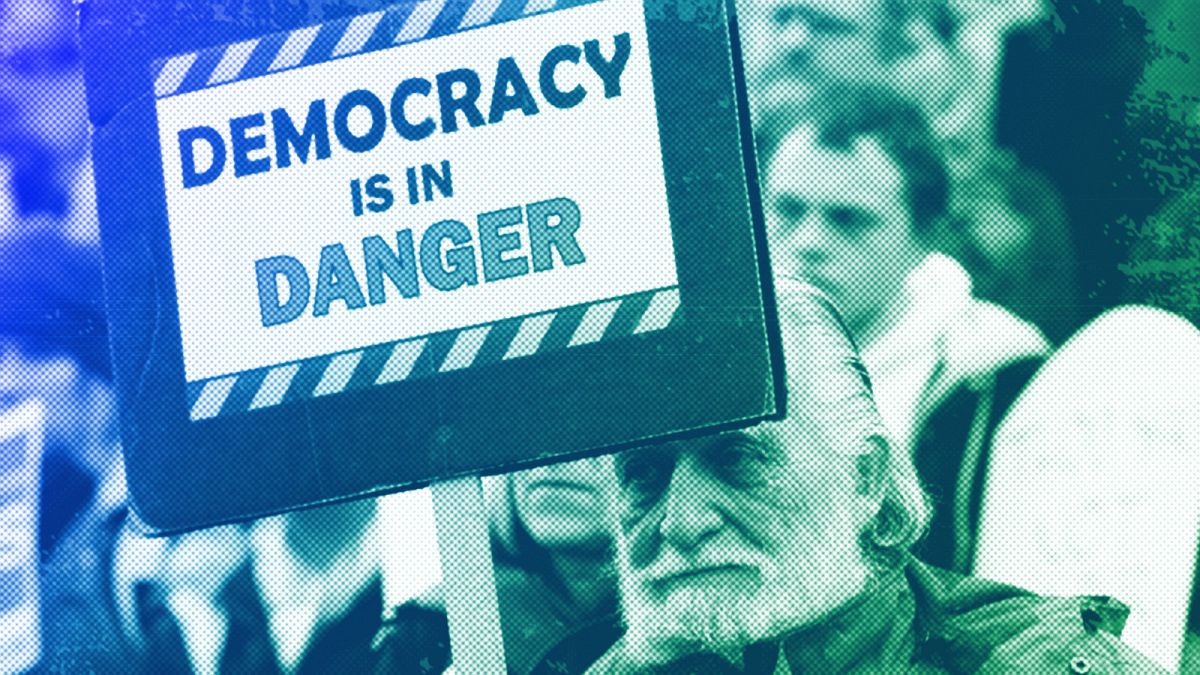Seven EU members hadn’t received any post-Covid funding by end-2023

Continued delays are jeopardising the EU’s €724bn post-Covid recovery fund, warns a new report by the European Court of Auditors (ECA).
Three years after creating a huge fund to stimulate post-pandemic recovery, EU member states have used under a third of the €724bn in grants and loans, EU auditors said in a report published today (2 September).
By the end of 2023, Belgium, Finland, Hungary, Ireland, the Netherlands, Poland and Sweden had not received any post-Covid money for the fulfilment of milestones and targets, the EU Court of Auditors said.
Almost all member states have experienced delays in submitting payment requests, whether due to political turmoil, uncertainty over the rules, or national administrative capacity, the report said.
The Netherlands and Hungary did not sign operational agreements, the first step required to access EU funds, while Sweden did not submit a payment application, it added – while others such as the Netherlands were held back by protracted coalition negotiations.
“For the Recovery and Resilience Plan you really need political consensus and support and that the government stands behind the plan, and the Netherlands was waiting for that stability,” Ivana Maletić, senior auditor at the Luxembourg-based EU agency, told Euronews in an interview.
In the more complex case of Hungary, Viktor Orbán’s government has to meet 27 milestones intended to fight corruption and safeguard judicial independence, which he hasn’t yet done.
The other four countries — Belgium, Finland, Ireland and Poland — submitted payment requests later than others, so they were still being assessed by the European Commission, which directly manages and implements the fund, at the end of 2023.
One quarter not completed on time
Unlike cohesion funds, the normal vehicle for EU regional spending, post-pandemic financial support is tied to progress on meeting commitments, and member states are behind schedule in meeting these targets and absorbing funds.
“Timely absorption of the RRF is essential: it helps to avoid bottlenecks in carrying out the measures towards the end of the Facility’s lifespan, and reduces the risk of inefficient and erroneous spending,” said Maletić, who led the audit.
Halfway through the six-year implementation plan for the post-pandemic funds, 24% of the planned reforms and investments have not been completed on time — meaning that a significant number of the trickiest promises have yet to be fulfilled, the ECA found.
With the RRF due to expire in August 2026 and no extension expected, EU auditors are recommending the Commission provide further support to strengthen how similar funds are designed in future.
“It can happen that for some actions, member states receive substantial amounts of funds without finalising them at all because it will not be possible to finalise them within the given time,” a senior auditor told a press conference on Monday (2 September) — though Brussels then doesn’t have the power to claw back money.
The EU executive however rejected auditors’ recommendations to stop funding incomplete actions and recover transfers.
“The Commission does not consider that payments based on progress is a risk and has no legal basis to recover funds already disbursed in relation to milestones and targets already and still fulfilled,” said its response.
World News || Latest News || U.S. News
Source link



